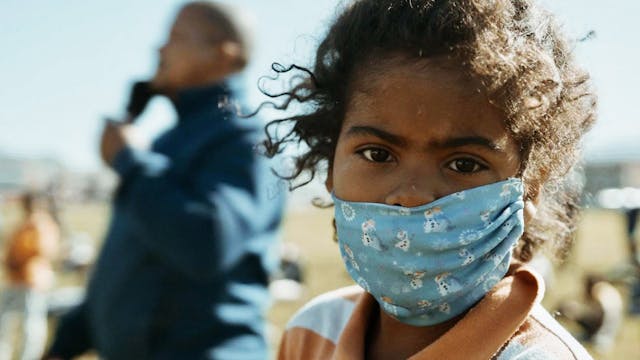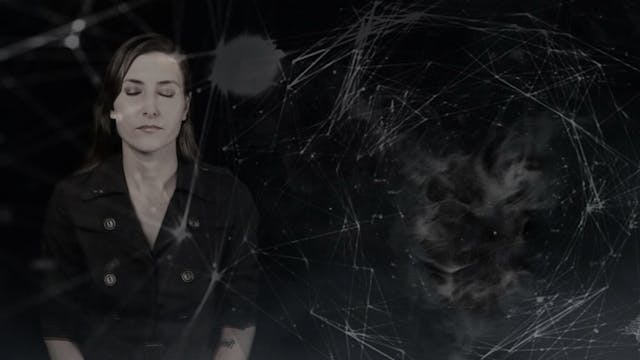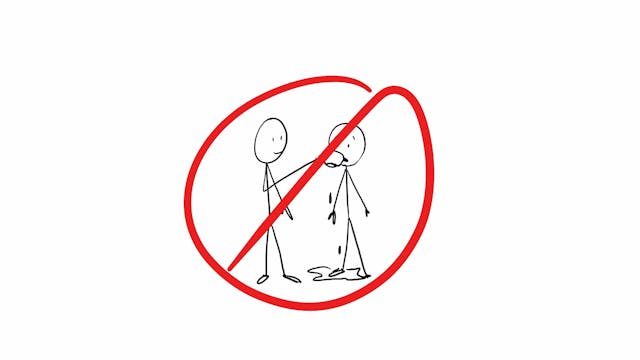The Conscious Hood: Being Black is No Crime
Communications & Journalism
•
6m 43s
Being Black Is No Crime is the fourth episode of the web-series "The Conscious Hood" documenting social issues crucial to the residents of São Paulo's Heliópolis, the second largest urban slum in Latin America. Directed by videomaker Katherine Jinyi Li and filmed during her youth journalism workshops at the community organization UNAS-Heliópolis, The Conscious Hood features Li's journalism students, their families, neighbors, and community leaders as protagonists of their social struggle.
"Being Black Is No Crime" brings the violent reality of police discrimination against young, black members of the Heliópolis favela to the screen with locals' testimonies on camera, a short skit of a standard stop and frisk, a ""funk"" rap, and a quick lesson of any person's legal rights when stopped by the police. Past episodes of "The Conscious Hood" discussed public waste management, homophobia, and women's rights in the favela.
Director & Producer: Katherine Jinyi Li
2016 | 7 min
Brazil
FILMMAKER Q&A:
https://simaacademy.com/filmmaker-qa/the-conscious-hood-being-black-is-no-crime/
Up Next in Communications & Journalism
-
The Best and Worst of Us
A photojournalist, during lockdown in Cape Town, documents a strange and conflicted society and discovers his own sense of morality during a time of great hardship.
Director: Jasyn Howes
Producers: Jasyn Howes and Anna Telford
2020 | 16 min
Cape Town
Language: EnglishFILMMAKER Q&A:
https://sim... -
Testimony (VR/360)
Testimony is an interactive documentary for virtual reality that shares the stories of five survivors of sexual assault and their journey to healing. Beyond just a film, Testimony is an advocacy platform to allow the public to bear witness to those who have been silenced. The Brock Turner case, B...
-
Tea Consent *Viewer Discretion Advised*
[Trigger Warning] Tea Consent is a humorous video about a serious topic. It addresses the issue of sexual assault and consent using the metaphor of offering people tea. Using androgynous figures, it takes the viewer through various scenarios to reinforce the idea of affirmative consent and challe...



